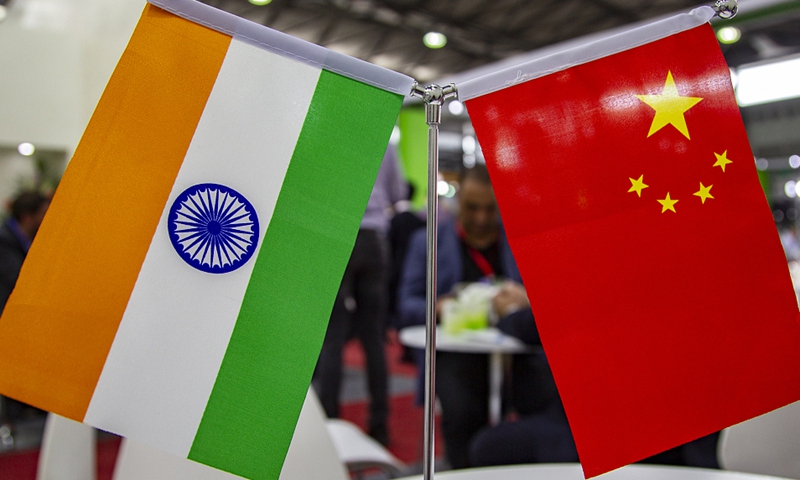China’s Ambassador to India, Sun Weidong, said on Friday that friendship and cooperation between China and India need to be emphasized in order to defuse suspicion over sensitive issues such as last month’s border clash and bring bilateral relations back on the right track for a sound and steady development.
The ambassador made the remarks during a video speech on Friday and against the background that the front line troops of China and India are disengaging on the ground in accordance with the consensus reached by the Military Corp Commander talks.
On Friday, the 16th Meeting of the Working Mechanism for Consultation and Coordination (WMCC) on China-India Border Affairs discussed steps to ensure complete disengagement and de-escalation in a timely manner.
The consensus on peacefully resolving current frictions was formed after telephone talks between special representatives of the two sides, and follow-up action to further implement the consensus will be accelerated, said experts.
Sun’s remarks and the bilateral meeting on Friday show China’s efforts in cooling the dispute and regaining mutual trust, Hu Zhiyong, a research fellow at the Institute of International Relations of the Shanghai Academy of Social Sciences, told the Global Times on Saturday.
Resolving the conflict and stabilizing bilateral relations can only be achieved by following the principle of mutual understanding and accommodation, Zhao Gancheng, director of the Center for Asia-Pacific Studies at the Shanghai Institute for International Studies, told the Global Times on Saturday.
China and India have a 2,000-year history of mostly friendly exchanges. Sun said for both China and India, achieving development and revitalization is the top priority where they share long-term strategic interests.
“I have noticed some emerging opinions in recent days which repudiate the essence of China-India friendship due to the border-related incidents, make false assumptions about China’s intentions, exaggerate conflicts and provoke confrontations, and regard a close neighbor over thousands of years as ‘enemies’ and ‘strategic threats.’ It is not the fact. It is harmful indeed and not helpful,” Sun said.
“China hopes itself will develop well and wishes India the same. Cooperation benefits both while confrontation serves neither,” said Sun.
China and India’s boundary question is left over from history and is sensitive and complicated, said Sun, calling on the two sides to find a fair and reasonable solution that is mutually acceptable through peaceful negotiation.
“Pending an ultimate settlement, we both agree to work together to maintain peace and tranquility in the border areas,” said Sun.
Noting that some people have been trumpeting a so-called “decoupling” of China-India trade relations and attempting to completely exclude “made in China” products, Sun said that the business community and people of India are the beneficiaries of China-India economic and trade cooperation.
Any self-protection, non-tariff barriers and restrictive measures against China are unfair to Chinese enterprises, unfair to Indian employees who have lost jobs, and unfair to Indian consumers who can’t get access to the products and services they deserve, Sun argued.
“China-India relations should move forward rather than backward,” Sun said.
“At backdrop of the current international landscape, China-India relations have gone far beyond the bilateral scope and have global strategic significance… Now the China-India relations are facing a complex situation. We should take a broader and far-sighted view, work together to overcome and turn it around as soon as possible,” Sun said.
Senior diplomats from both sides agreed to continue to de-escalate in the conflict area and maintain peace and tranquility in the border area during the 16th meeting of the WMCC on China-India Border Affairs on Friday.
But experts warn that the border dispute is a long-standing issue that cannot be resolved quickly, especially given that India continues to send additional troops and equipment to the border area.
China India File photo:CGTN




